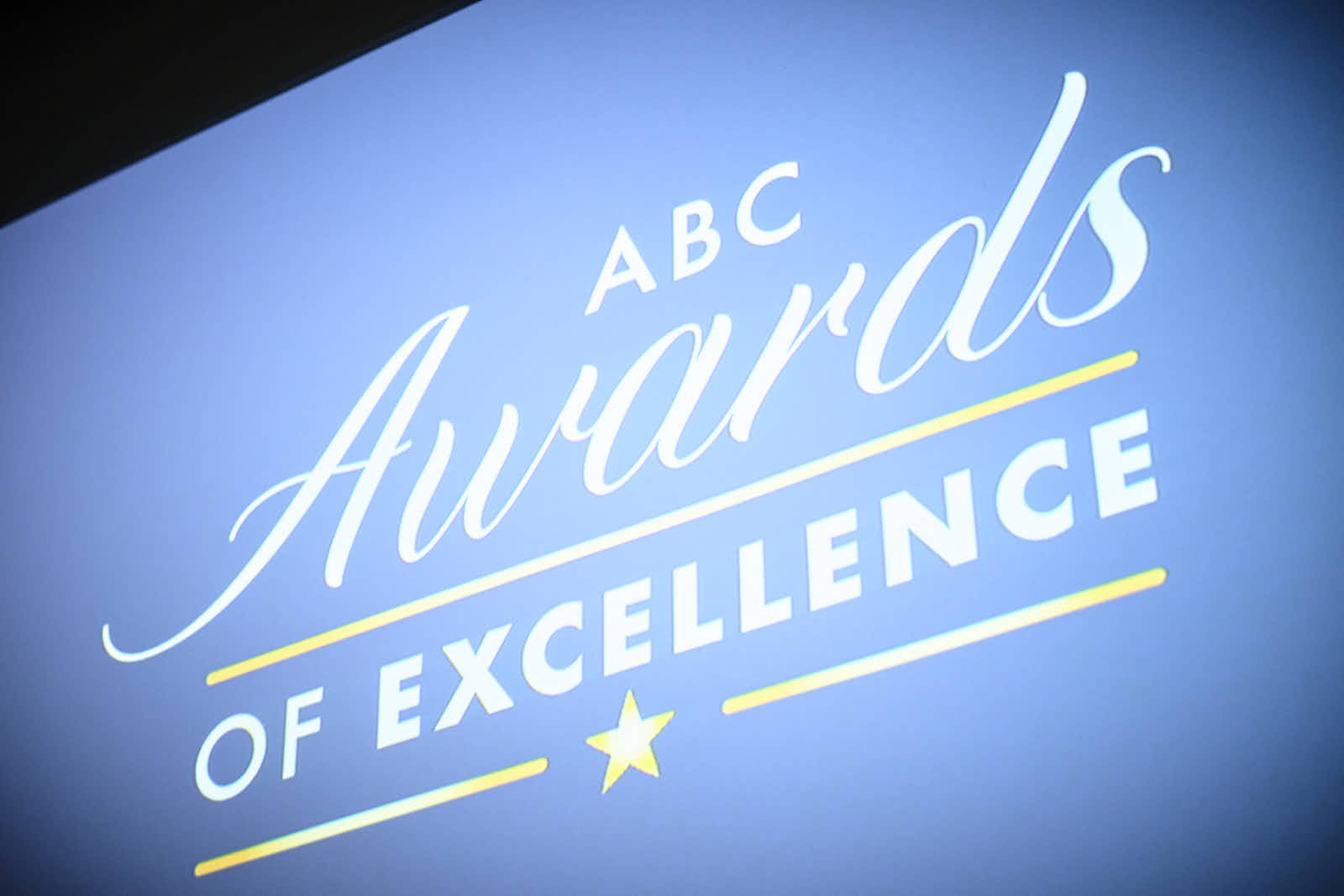Fraser Valley – DECEMBER 7 UPDATE – The Province under Provincial Health Officer Dr. Bonnie Henry, has extended the restrictions first imposed in November and they will continue until January 8, 2021 at the earliest.
The November 19 restrictions outlined below, were set to expire on December 7. However, with COVID numbers continuing to spiral upwards, a reduction is not the case.
In a nutshell, Christmas is scaled right back. With few exceptions, You should not be gathering indoors with people outside your immediate households over the holidays, and Dr. Henry is still advising against non-essential travel. There is an exception for drive-thru and drive-in events, like light displays and toy drives. Drive-in-and-stay events with less than 50 vehicles in attendance are also allowed. This comes as Dr. Henry announced 2,020 new infections and 35 deaths since Friday (three day total).
By public health order and direction we must continue to only socialize with people in our households or core bubbles until January 8, 2021 – and avoid any non-essential travel. See details: https://t.co/kB9OsWyLEy #CovidBC #Covid19 pic.twitter.com/0YwZT15Abc
— BC Government News (@BCGovNews) December 8, 2020
PHO order on province-wide restrictions
By order and direction of the Provincial Health Officer (PHO), all events and social gatherings are suspended to significantly reduce COVID-19 transmission related to social interactions and travel.
The order is in effect from November 19, 2020 at midnight to January 8, 2021 at midnight.
Events and social gatherings
In-person events and community-based gatherings as defined in the PHO order – Gatherings and Events (PDF) are suspended. For example:
- Seasonal activities, including indoor and outdoor holiday events (with the exception of drive-in and drop-off events)
- Musical or theatre performances
- Galas
- Silent auctions
- Movie viewings in cinemas
- Outdoor skating events
Event exceptions by sector
Exceptions are in place for weddings, funerals, baptisms, meals for people in need and some holiday events.Expand All | Collapse All
Drive-in, drop-off and drive-thru events
Funerals, weddings and baptisms
Religious gatherings and worship services
Social gatherings
No social gatherings of any size at your residence with anyone other than your household or core bubble. For example:
- Do not invite friends or extended family to your household
- Do not host gathering outdoors
- Do not gather in your backyard
- Do not have playdates for children
Core bubble
For most people, their core bubble is their immediate household. An immediate household is a group of people who live in the same dwelling. For example:
- If you have a rental suite in your home, the suite is a separate household
- If you live in an apartment or house with roommates, you are all members of the same household
For others, including people who live alone, their core bubble may also contain a partner, relative, friend or co-parent who lives in a different household. This should be a maximum of two people outside of those living in your immediate household.Expand All | Collapse All
Co-parenting and supporting isolated family members
Allowed activities
These activities are not considered a social gathering:
- Going for a walk. You must make sure a walk does not turn into a group of people meeting outside
- Parents carpooling kids to and from school
- Grandparents providing child care
Christmas and holiday celebrations
All December celebrations will look different this year. Celebrate with your immediate household or core bubble.
- Consider hosting virtual parties and religious services
- Unwrap gifts over Zoom or Skype
- If you must travel for essential reasons, review the health and safety precautions
Restaurants, pubs and bars
You must wear a mask when not at a table. Events are no longer allowed.
Restaurants, pubs and bars can continue to operate if they have a COVID-19 Safety Plan and employee protocols in place.
- Remember, a maximum of six people at a table and no moving between tables
WorkSafeBC will be conducting inspections to verify that COVID-19 Safety Plans remain effective. Establishments that are noncompliant with plan requirements may face orders and fines, and possible referral to public health which may result in a closure order.
Physical activities and gyms
By order of the PHO, restrictions are in place for indoor physical activities. These temporary restrictions are in place to limit the amount of physical interactions and travel to help reduce the spread of COVID-19.
- Review the PHO Order – Gatherings and Events (PDF)
High intensity group fitness activities
Businesses, recreation centres or other organizations that organize or operate high intensity group fitness activities must suspend the following activities:
- Hot yoga
- Spin classes
- Aerobics
- Bootcamp
- Circuit training
- High intensity interval training (HIIT)
High intensity fitness activities cause a sustained and accelerated rate of breathing and may involve close contact with other people.
Low intensity group fitness activities
Businesses, recreation centres or other organizations that organize or operate low intensity group fitness activities must temporarily suspend them or move to virtual options, until guidance is developed to allow these activities to resume. These include:
- Yoga
- Pilates
- Light weightlifting
- Adult dance classes
- Stretching or strengthening
- Tai-Chi
Low intensity fitness activities do not cause a sustained and accelerated rate of breathing and do not involve close contact with other people.
Businesses who close due to COVID-19 restrictions could be eligible to receive rent support of up to 90 percent.
Gyms and recreation facilities
Gyms and recreation facilities that offer individual workouts and personal training sessions can remain open as long as they have a COVID-19 Safety Plan that is strictly followed.
Sports and extracurricular activities
By order of the PHO, restrictions are in place for adult and youth indoor and outdoor team sports. These temporary restrictions are in place to limit the amount of physical interactions and travel to help reduce the spread of COVID-19.
- Review the PHO Order – Gatherings and Events (PDF)
Adult indoor and outdoor team sports
All indoor and outdoor sports for people 19 years of age and older are suspended. These include:
- Basketball
- Cheerleading
- Combat sports
- Floor hockey
- Floor ringette
- Road hockey
- Ice hockey
- Ringette
- Martial arts
- Netball
- Team skating
- Soccer
- Volleyball
- Indoor bowling
- Lawn bowling
- Curling
- Lacrosse
- Hockey
- Ultimate
- Rugby
- Football
- Baseball
- Softball
Youth indoor and outdoor team sports
All organized indoor and outdoor sports for people under 19 years of age must follow viaSport’s Return to Sport Phase 2 guidance with respect to maintaining physical distance for participants. This means games, tournaments and competitions are temporarily suspended for teams.
- Individual drills and modified training activities can continue
- Amateur sports organizations and leagues may implement additional guidelines to ensure the health and safety of participants
Spectators
Under the order, no spectators are allowed at any sport activities. The only people allowed to attend sport activities are those that provide care to a participant or player. For example, providing first aid.
Travel for team activities
Travel to, from and between communities for team athletic activities like games, competitions, training and practice is prohibited. For example:
- A team from Abbotsford cannot attend a training session in Chilliwack
- A team from Victoria cannot attend a practice in Richmond
Sport exemptions
High performance athletes, professional athletes and professional performers like dancers are not included in the order. To qualify as a high performance athlete, you must be:
- Identified by the Canadian Sports Institute Pacific as a high performance athlete affiliated with an accredited provincial or national sports organization
- Continuing to follow the safety guidelines of your provincial sports organization
Youth extracurricular activities
Structured extracurricular activities and programs for people under 19 years of age can continue to operate with a COVID-19 Safety Plan in place and must be supervised by an adult. These include:
- Educational programs
- Music
- Art
- Dance
- Drama
- Recreational programs
- Outdoor fitness
- Social activities
Under the order, performances, recitals and demonstrations are not allowed.
Mask requirements in public indoor settings
As outlined in the mask mandate order, masks are required for everyone in many public indoor settings. A face shield is not a substitute for a mask as it has an opening below the mouth.
There are exemptions for:
- People with health conditions or with physical, cognitive or mental impairments who cannot wear one
- People who cannot remove a mask on their own
- Children under the age of 12
Masks are required in many indoor public settings and all retail stores. This includes:
- Malls, shopping centres
- Grocery stores
- Airports
- Coffee shops
- On public transportation, in a taxi or ride-sharing vehicle
- Places of worship
- Libraries
- Common areas of post-secondary institutions, office buildings, court houses, hospitals and hotels
- Clothing stores
- Liquor stores
- Drug stores
- Community centres
- Recreation centres
- City Halls
- Restaurants, pubs and bars when not seated at a table
- Sport or fitness facilities when not working out
Mask enforcement
You are subject to a $230 fine if you:
- Do not wear a mask in an indoor public setting, unless you are exempt
- Refuse to comply with the direction of an enforcement officer, including the direction to leave the space
- Engage in abusive or belligerent behaviour
Masks at workplaces and shared living areas
Emergency Management BC is reviewing other community locations where a mask mandate may be advisable and anticipates issuing a further order to enforce requirements for masks in common areas of apartment buildings, condos and workplaces.
It is strongly recommended that masks be worn in the following areas:
- Common areas in apartment buildings and condos, including:
- Elevators
- Hallways
- Lobbies
- Stairwells
- Shared indoor workplace spaces, including:
- Elevators
- Kitchens
- Hallways
- Break rooms
Travel advisory
At this time, all non-essential travel should be avoided. This includes travel into and out of B.C. and between regions of the province. For example:
- Do not travel for a vacation
- Do not travel to visit friends or family outside of your household or core bubble
What is essential travel?
Individual circumstances may affect whether a trip is considered essential or non-essential. Essential travel within B.C. includes:
- Regular travel for work within your region
- Travel for things like medical appointments and hospital visits
For example, if you live in Vancouver and work in Surrey you can continue to commute.
If you need to travel for essential reasons, take the same health and safety precautions you do at home.
- Wash your hands often
- Practice safe distancing, 2 m
- Travel only with yourself, household or pandemic bubble
- Stick to the outdoors whenever possible
- Clean spaces often
- Wear a mask in indoor spaces
Travel for mountain sports
Ski and snowboard at your local mountains. For example, if you live in Vancouver, you should ski at Cypress, Grouse or Mt. Seymour.
Coming from outside of B.C.
At this time, people travelling to B.C. from another province or territory within Canada should only come for essential reasons. If you do travel, you are expected to follow the same travel guidelines as everyone else in B.C.
- The restriction of all non-essential travel at the Canada-U.S. border remains in effect
- Travellers to and from the United States going to and from Alaska must proceed directly to their destination and self-isolate during any necessary overnight stops
- International travellers returning to B.C. are required by law to self-quarantine for 14 days and complete the federal ArriveCAN application
Flights to and from B.C.
The order does not restrict flights entering and leaving B.C.
Enforcement
During a public health emergency under the Public Health Act, the PHO can make orders as needed. You must follow the orders.
Under the Government’s Emergency Program Act, some orders can be enforced by police or other compliance and enforcement officials. People who don’t follow these orders could be fined.
Workplace enforcement
In addition to compliance activities by WorkSafe, an Environmental Health Officers team will focus on workplaces in the Vancouver Coastal and Fraser Health regions to ensure COVID-19 Safety Plan compliance and enable rapid response and action.







